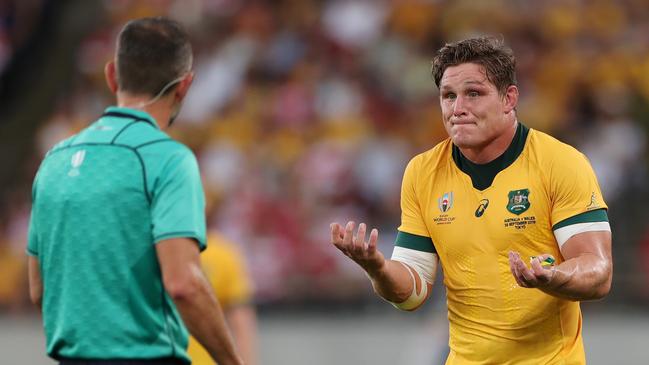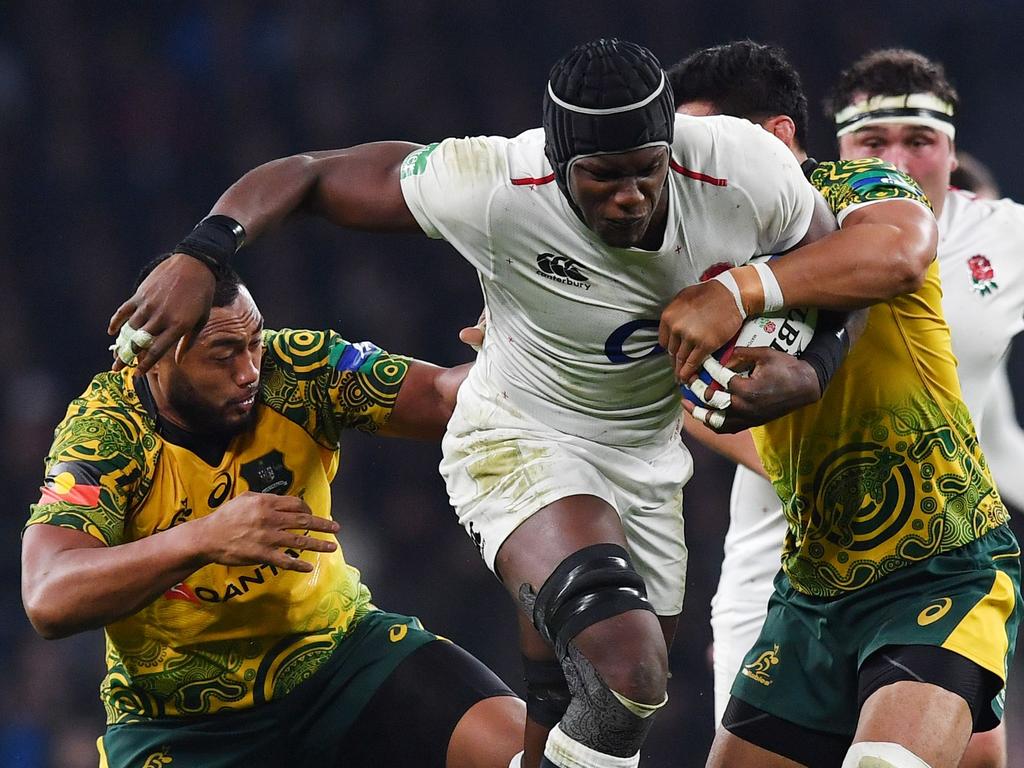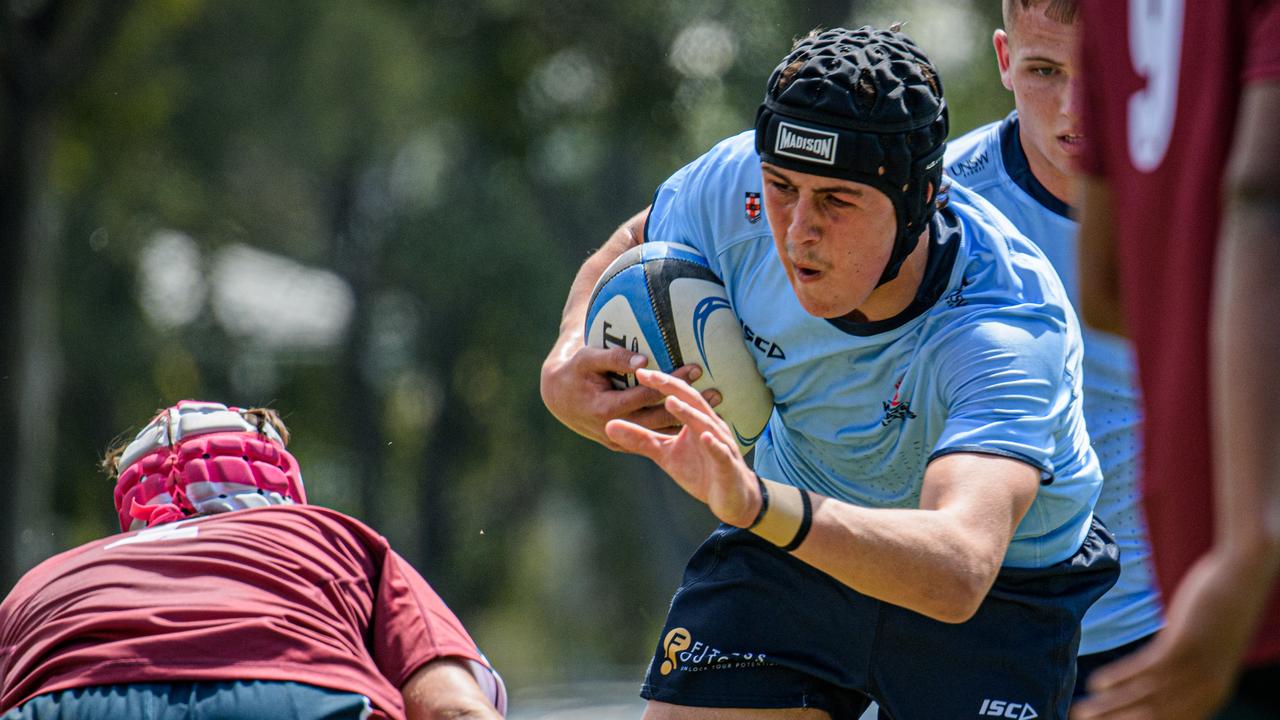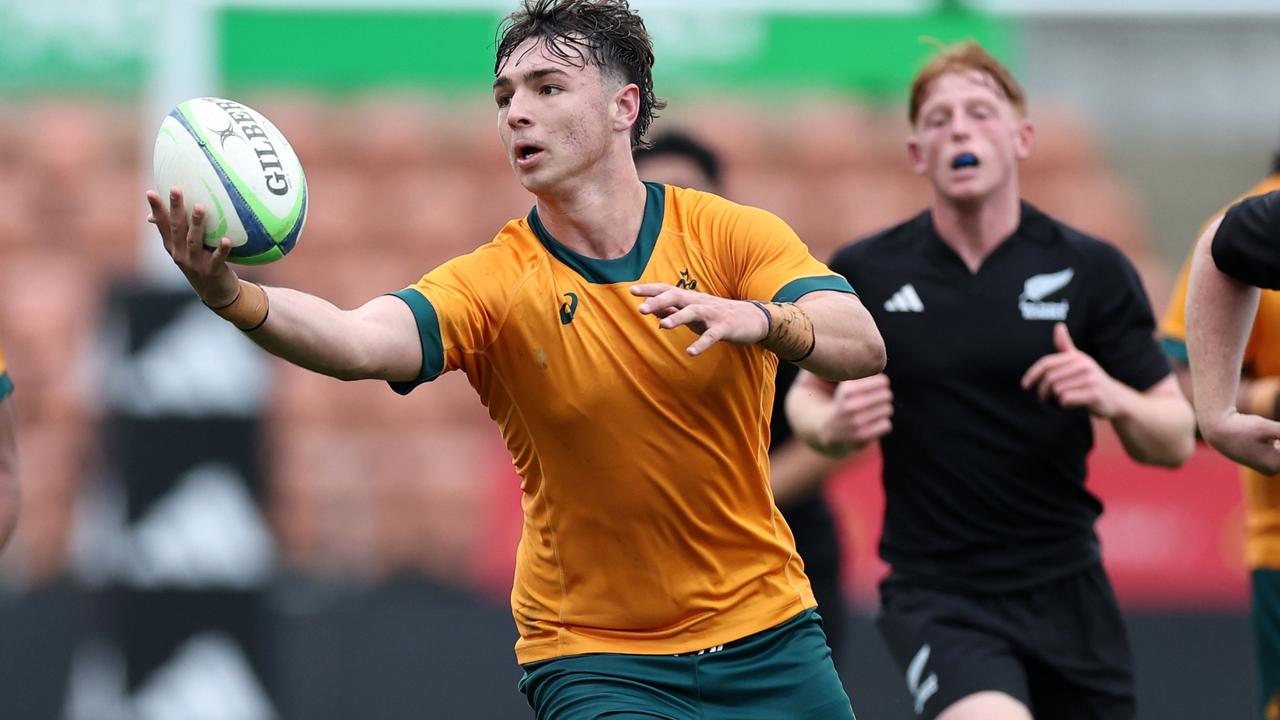Rugby Australia to look at DRS-style captain’s challenge
Rugby Australia will hold a nationwide summit on Thursday to determine whether to introduce a ‘captain’s challenge’.

Rugby Australia will hold a nationwide summit on Thursday with the country’s leading coaches and players to determine whether New Zealand’s plan to use the rugby equivalent of cricket’s DRS in Super Rugby Aotearoa this year should be followed by Australia.
A raft of law variations, some of which World Rugby wants fast-tracked to possibly bring in ahead of the 2023 World Cup, will be discussed at the meeting, but there is little doubt that the “captain’s challenge” will top the agenda.
Rugby Australia director of rugby Scott Johnson does not believe that even the New Zealanders have determined how the captain’s challenge would apply within their own domestic competition.
When he acted as devil’s advocate to the plan and asked how a challenge might work if it came at the end of, say, a 30-phase attack, the Kiwis believed the third match official could wind back through all 30 phases to reach a conclusion.
But time-wasting also will be one of the key items up for discussion at the virtual law summit, so clearly some tweaking would be needed before a rugby DRS could be trialled.
“New Zealand have put that idea forward,” Johnson told The Australian on Tuesday. “They are going to go with it. We’ll take it to our guys and ask if they want to go ahead with it as well. And then we will take it to our broadcasters.”
But while the summit will be working from scratch on the DRS proposal, it will have a solid starting point when it comes to the two key law variations trialled in Australia last season — the tryline dropout and the 50-22 rule. A third change will also carry over from last season, with a team able to substitute a player who has been red-carded 20 minutes after the offence.
Because Super Rugby AU provided a limited number of samples — there were only 11 instances of a side completing a 50-22, where it kicked the ball into touch but still was given the subsequent lineout throw because the kick originated from inside their own half and bounced out in the opposition’s 22 — World Rugby wants the experiments to be repeated.
Johnson believes the 50-22 law opens up attacking opportunities that were never tried by Super Rugby AU sides last season, of teams launching chip kicks over the defensive line to exploit the opposition dropping back two players to cover the touchlines.
The benefits of the tryline dropout were more apparent. It limited the opportunity for teams to effectively camp in their opponent’s quarter and hammer away at them through pick-and-drives, realising that even if they were held up over the line they would get the ball back through their attacking 5m scrum. But once the law variation was introduced, the defending side was able to drop out from anywhere along their own line once they had held the attacking team, effectively putting an end to the siege.
Under World Rugby legislation, no new laws can be introduced within two years of a World Cup, so if these variations, or any others, are to come in for the 2023 World Cup in France, they must be amended this year, Johnson said.
It seems highly unlikely that officials in Australia and elsewhere will be able to work quickly enough to bring about any significant movement around time-wasting in scrums, unless of course the matter is treated not as a law change but as a referee’s interpretation. But it only took a preliminary meeting of Super Rugby coaches, players and referees on Monday to convince Johnson that the devil here is in the detail.
“The suggestion was made that after one reset, do we penalise or give a short-arm free kick to the attacking team straight away?” Johnson said. “Or two resets?”
Who, for that matter, is the attacking side? Is it the team putting the ball into the scrum or the team with field position? And might an attacking side, realising it has the weaker scrum, deliberately cause a reset knowing it will receive the penalty. “We have to be very clear on what we are saying,” he said.
The summit will also determine what form the tiebreaker will take in the event of a draw. Golden point failed to break an 18-18 deadlock at full-time between the Melbourne Rebels and the Queensland Reds in July last year, as both sides attempted not to lose and reintroduced an old-style kicking duel from fullback. On that occasion, any points accumulated during the 10 minutes of extra time counted, but Johnson said this year’s recommendation was that a try had to be scored.
“That was just a suggestion raised on Monday. But it might not go that way. If it is not universally agreed, it’s not in. So we have a responsibility to all agree. And all proposals have to be taken to broadcasters for their input.”





